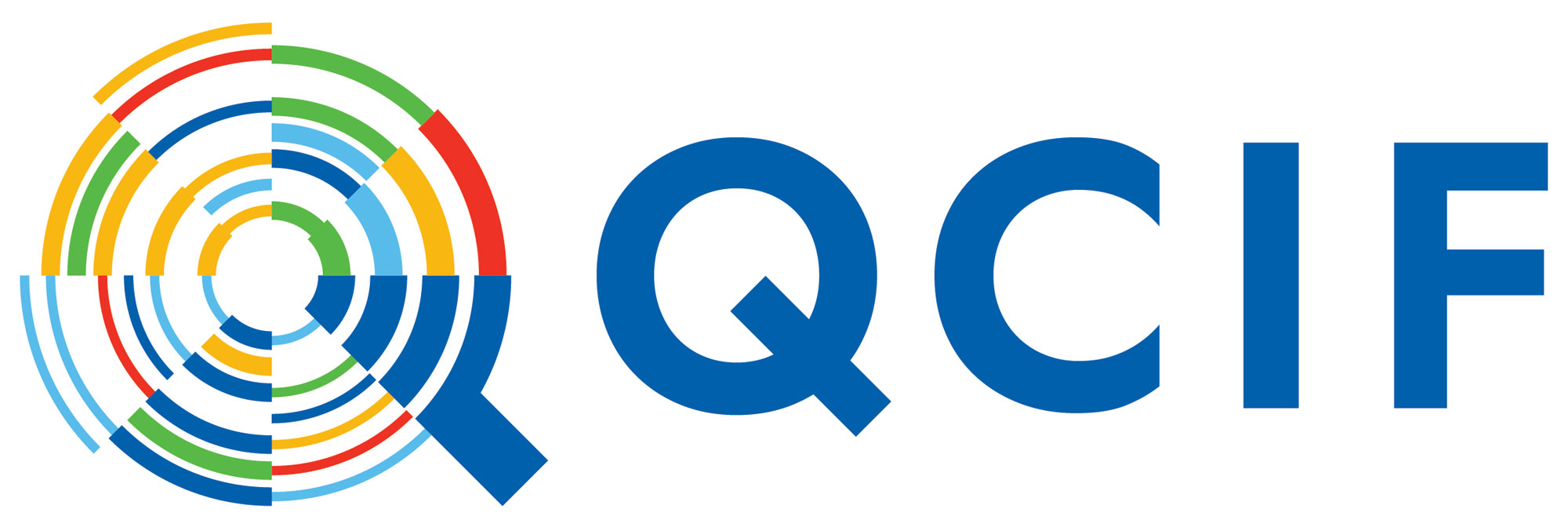27/11/2020
QCIF Bioinformatics has helped The University of Queensland to develop an interactive, searchable genome web browser and repository for hundreds of microbial genome data sets.
TraDIS-vault, launched in July, will likely become a crucial resource for those studying the fundamentals of bacterial viability and biochemistry, infection, vaccine development and antibiotic development.
It is currently the only resource of its kind and was mentioned in a recent Nature review.
TraDIS-vault is a flexible and user-friendly online viewer and web-based public interface for storage, easy visualisation and comparison of hundreds of TraDIS bacterial data sets.
TraDIS, or Transposon Directed Insertion Site Sequencing, is a genome sequencing technique involving inserting transposons (‘jumping genes’) into a genome to generate large numbers of mutants.
At the technical level, TraDIS-vault is based on Web Apollo, a platform for genome annotation that is widely adopted by the genomics community.
Four members of the QCIF Bioinformatics team worked on the TraDIS-vault project led by Professor Ian Henderson, Director of UQ’s Institute for Molecular Bioscience, under the auspices of UQ’s Genome Innovation Hub (GIH).
The Henderson research group studies bacteria and their interaction with humans and animals. TraDIS is the approach they use to identify genes encoding essential functions.
QCIF Computational Biologist Michael Thang, who worked closely with the Henderson group, said the project team used QRIScloud, QCIF’s cloud compute service, to host a customised Web Apollo server.
“We’ve tailored the navigation and visualisation of the genome browser to make the rich information contained in TraDIS-vault more accessible to the research community. Researchers need more and more interactive tools to expose their research data and QCIF is well set up to help,” said Michael.
The project team will expand TraDIS-vault to assimilate relevant microbial RNAseq and ChIPseq data sets into the database, providing a comprehensive tool for analysing and integrating genetic information.
Currently, TraDIS-vault holds data from only a few lab groups, but the plan is to develop it further to allow submissions online from the international community.
The genome browser is not intended for hosting raw data and private tracks, but data already published and publicly available.
The Henderson group’s current TraDIS library is the densest mutant library described for any organism, positioning the group uniquely within the global community.

